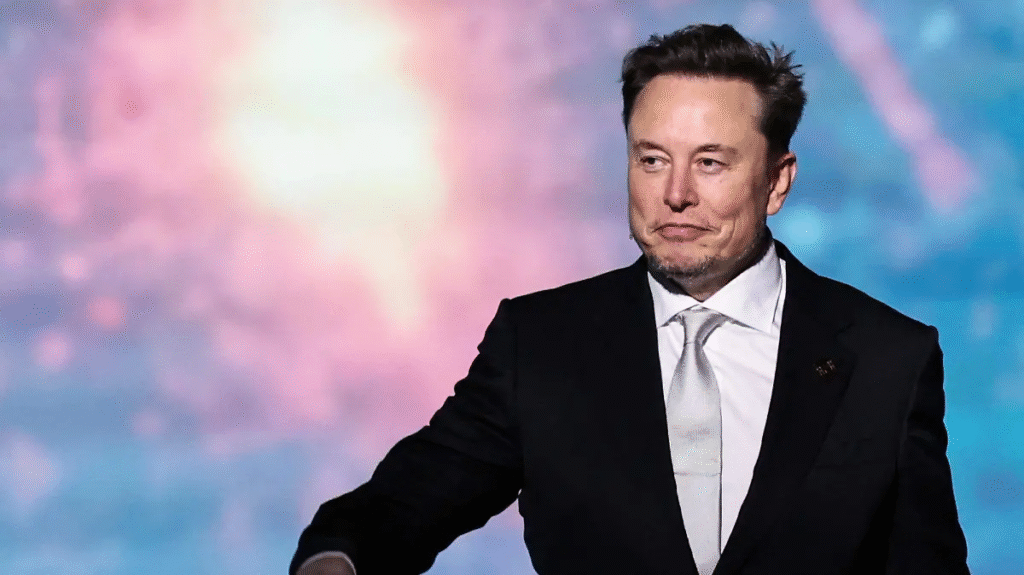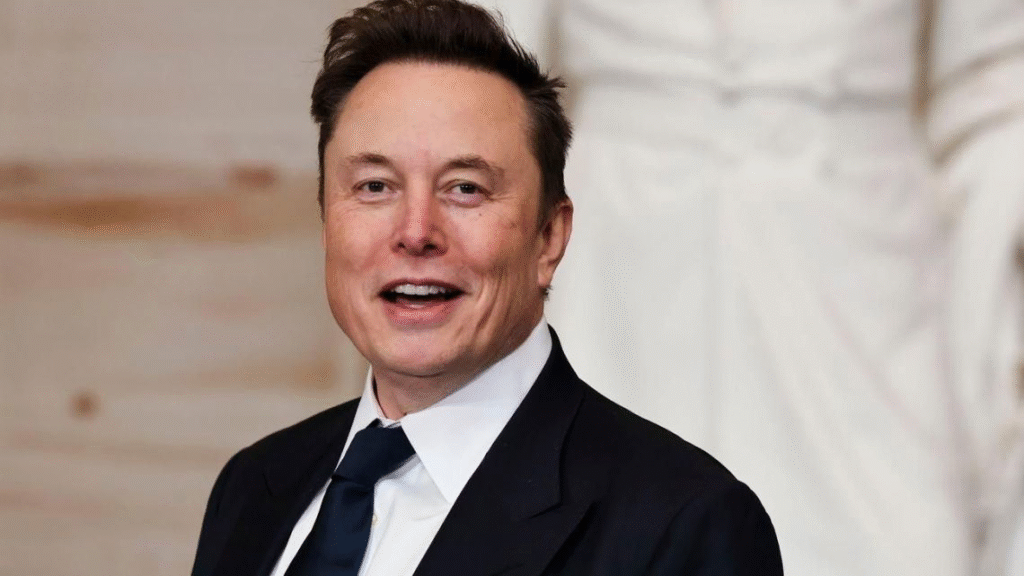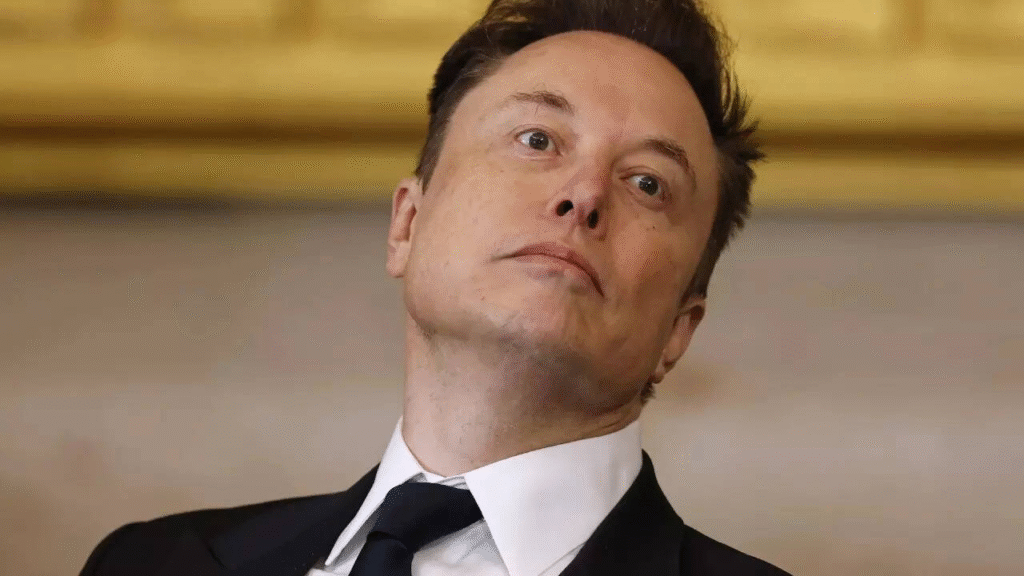Tesla’s decision to approve a staggering 96 million-share award for CEO Elon Musk—valued at an estimated $30 billion—has sent shockwaves through Wall Street and Silicon Valley alike, igniting one of the most polarizing debates in recent corporate history. On one side, advocates argue this audacious move exemplifies the ultimate performance-driven incentive, aligning Musk’s compensation with Tesla’s long-term growth and rewarding a visionary leader whose relentless drive has already reshaped entire industries. Supporters see it as a bold declaration that the company is doubling down on its disruptive spirit, wagering that Musk’s leadership will continue to unlock breakthroughs in electric vehicles, renewable energy, and AI-powered robotics, creating value not only for shareholders but for society at large.

On the other side, critics warn that such an astronomical payout risks distorting corporate governance, concentrating too much power and reward in the hands of a single individual while potentially setting a precedent that could encourage reckless executive compensation across the tech sector. They caution that tying so much wealth to a volatile stock price could magnify short-term market swings and pressure decision-making in ways that prioritize hype over sustainable growth. Beneath the headlines, this award crystallizes a larger question every modern company must wrestle with: how do you balance visionary ambition with responsible stewardship?

Musk has long thrived at the intersection of daring bets and improbable execution, but even for Tesla, this is an unprecedented gamble—one that could either cement his status as the most transformative entrepreneur of our time or fuel narratives of unchecked hubris in corporate America.

For communicators and content creators, the drama unfolding here is a reminder of the power of framing: stories of high stakes, bold personalities, and game-changing decisions captivate because they reflect the tension between risk and reward, vision and vulnerability. Whether Tesla’s move proves to be a masterstroke or a misstep, the narrative itself is already a lesson in how audacious storytelling shapes perception, influences markets, and keeps the world watching.
Leave a Reply